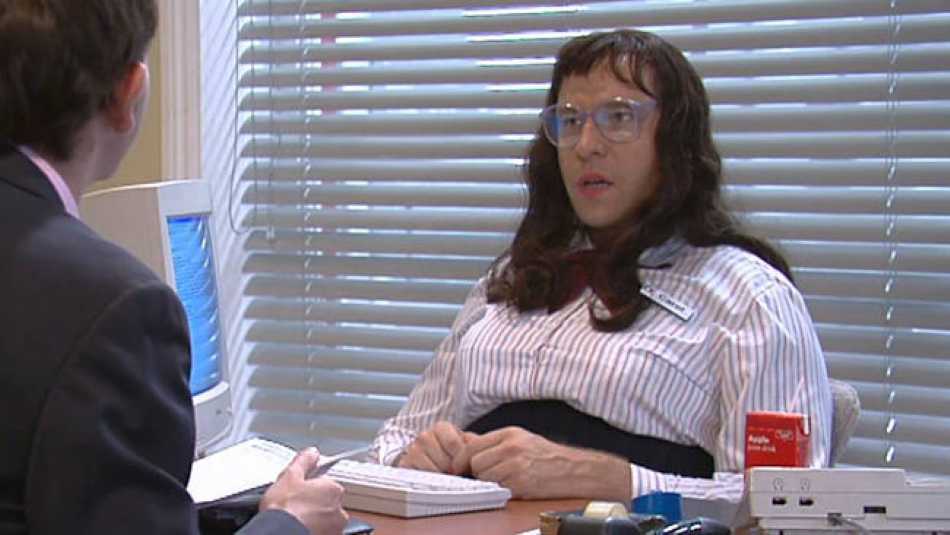
What To Do When The Computer Says No! |
The are other ways of raising funds ... |
POSTED BY ROGER EDDOWES ON 27/08/2018 @ 8:00AM
It seems to be a hot topic at the moment at local networking groups and with clients desperately trying to raise finance for their next business venture that banks aren't being receptive and the computer says no ...
What can a business do to raise funds when the computer says no?
In defence of the banks, they do have funds to lend, but they do need the comfort that they will get their money back and often reject funding requests because they just don't have the right, or enough, information.
"Computer says no!"
I have seen my own bank manager work tirelessly for a few clients putting together a good case for them at underwriter level, but, what do you do if you are getting nowhere?
There are numerous avenues and I will list a few:
Loans from family and friends, other organisations such as the Prince's Trust
Joint ventures, partnerships, strategic alliances
Selling a shareholding to a third party investor
Careful cash management within your existing business such as managing debt collection, keeping stock levels to a minimum
Financing asset purchases, recruitment costs and tax bills
But have you thought of two other possible avenues?
Apparently, according to the Royal Mint, there are still £159m old £1 coins in circulation. On average this is about £2.40 per person so how much is tucked away behind the sofa? It may not be a huge amount, but you may be surprised.
"You could also become a snitch!"
HMRC have been encouraging us law-abiding citizens to call 0800 788 887and report any suspicious activity for some time now. The number is open from 8am to 8pm every day of the year.
According to the HMRC website, they received 113,000 reports from members of the public providing information during the 2016/17 year. Reports range from paying a builder cash to the knowledge of overseas investments.
On the HMRC website Jennie Granger, HMRC's Director General for Customer Compliance, is quoted as saying:
"Information provided by the public is a crucial element of HMRC's work to close the tax gap, so it's vital that the reporting process is as simple and accessible as possible. The HMRC Fraud Hotline will form an important part of our intelligence gathering operations to bring in more money for the Exchequer and the country. We encourage the public to continue to work with us and report any suspected fraud or evasion to us for investigation."
HMRC reckon they are losing 6% of the tax take to deliberate non-compliance or tax evasion. This has reduced from 8% ten years ago, but HMRC want to go further, hence the hotline and other measures.
So, why am I mentioning it? Not only because I believe everyone should pay the right amount of tax (and here at Essendon, we can help you work that out for you), but because HMRC will reward valuable information on dishonest taxpayers.
"Apparently, HMRC paid out £343,500 last year in rewards!"
If the computer says no for your funding request and you'd like to discover ways to raise money for your business, then do give me a call on 01908 774320 or click here to ping me an email and let's see how I can help you.

Until next time ...

ROGER EDDOWES
Join our mailing list! Click here and be one of the first to know when we publish a new blog post!
Leave a comment ... |
More about Roger Eddowes ... | ||
|